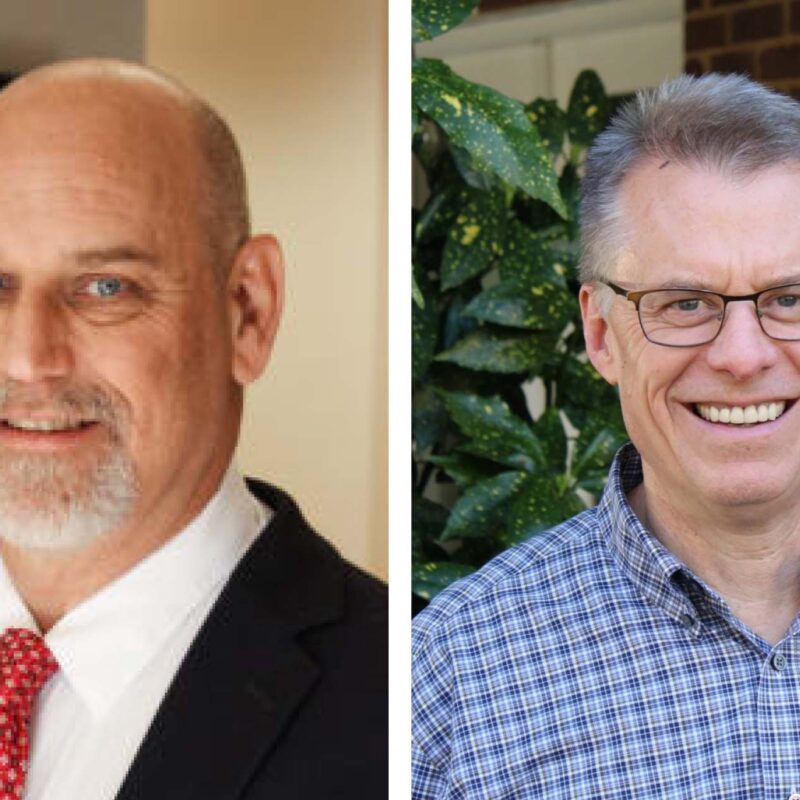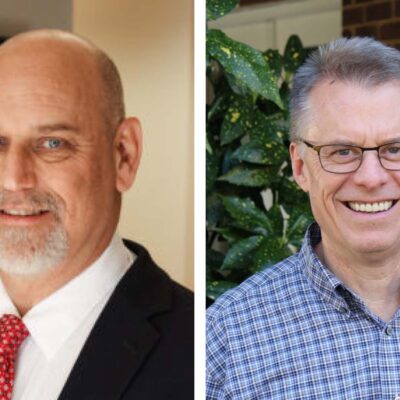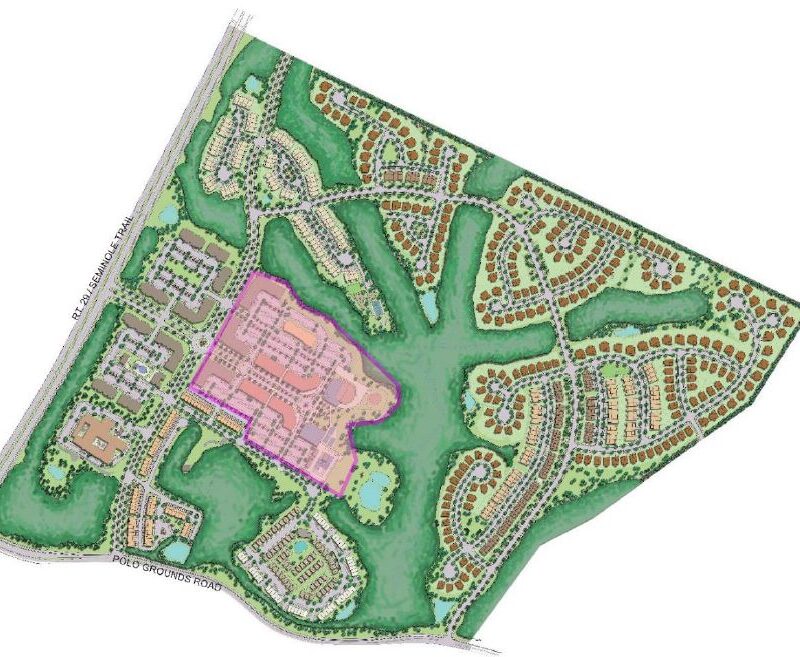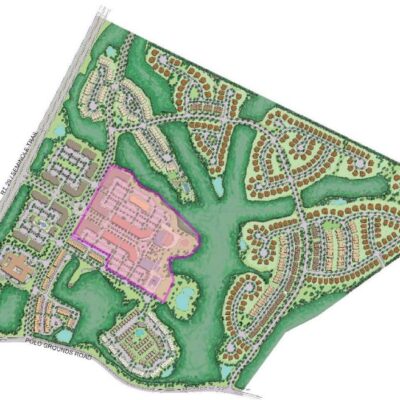Over the past decade, a somewhat unexpected player has emerged on the development scene: the Jefferson Area Board of the Aging (JABA). In the last nine years, JABA, a nonprofit dedicated to providing services to seniors, has been involved in maintaining or creating hundreds of units for the elderly in Charlottesville, Crozet and the surrounding counties.
“We got into it because we had to,” says Chris Murray, director of business development at JABA, which currently has four senior housing projects in the works in Greene County, Fluvanna County and Crozet. “We provide more Medicaid-eligible assisted living beds than anybody else combined in the state.”
 “JABA’s whole approach to development is that if you do well for the aged, all ages can benefit from it,” says Gordon Walker, JABA’s executive director. |
JABA got into housing development in the late ‘90s, when approached by a private company developing Woods Edge, off Rio Road. The company hoped to get JABA involved in order to take advantage of federal housing grants. JABA played a similar role with Park View on Pantops. But it was an emergency situation that pulled JABA into its biggest project, Mountainside, in Crozet. The assisted living company that owned and operated the facility went bankrupt, and 147 seniors came within weeks of losing their apartments. But JABA was able to work with local developer Stonehaus, which bought the property and turned it over to JABA to administer.
“Each time we’ve learned a little more,” Murray says. “We are developing the in-house capacity to develop these ourselves. We’re no longer crawling. We’re walking, I hope we’re walking fast.”
As a case in point, JABA is working to become a facilitator of development for the Jefferson School, which before integration served as the centerpiece school for African Americans in Charlottesville. The idea is to use some of the space for a senior center but also include a strong educational component centered around local foods, possibly with a culinary institute run by Piedmont Virginia Community College and a local food café.
“The value of an old school is a lot of the people we serve know these schools,” says Gordon Walker, JABA’s executive director. JABA previously developed the Ryan School in Nelson County to create 31 housing units. “For some, they’re returning to their old school site.”
JABA’s focus is on helping seniors age in place, and its role will likely become more important as the nation’s 78 million baby boomers age and retire. “JABA’s whole approach to development is that if you do well for the aged, all ages can benefit from it,” says Walker. “We should break down these age silos and try to bring people together. That’s been the primary thrust of our community-centered developments.”
Murray says that JABA will always partner with for-profit partners. He describes it as the “Paul Newman principle”: Have someone else make a really good salad dressing but give the profits to charity. In JABA’s case, it has someone else make the housing product, while it provides the charity angle.
For the most part, those partnerships seem to have worked, with JABA’s nonprofit participation helping with the marketing of the for-profit companies. But one of those partnerships created a major roadblock for a city infill project called Hill & Center, which was strongly opposed by the Frys’ Spring Neighborhood Association and was deferred at a Planning Commission meeting in April. The neighborhood’s animosity was intensified because of bad blood with JABA’s development partner, Tom Hickman.
“The sad part was that the project was never judged on its merits,” Murray says. “The issue here for Charlottesville is how do you increase infill development in a responsible way so that you can get the economies of scale of mass transit, so you need even less dependence on the car. When you use the single-family-house -on-two-acres paradigm, trying to transfer that into the center of a city, it simply doesn’t work.”
JABA is working to increase its capacity to manage projects and to up its ownership stake. But it’s still a learning process.
“Nobody has the answer to this,” says Murray. “Nobody. So it takes all of us [nonprofits] sharing information, networking to keep us all afloat. There’s no competition to provide affordable housing.”
C-VILLE welcomes news tips from readers. Send them to news@c-ville.com.





